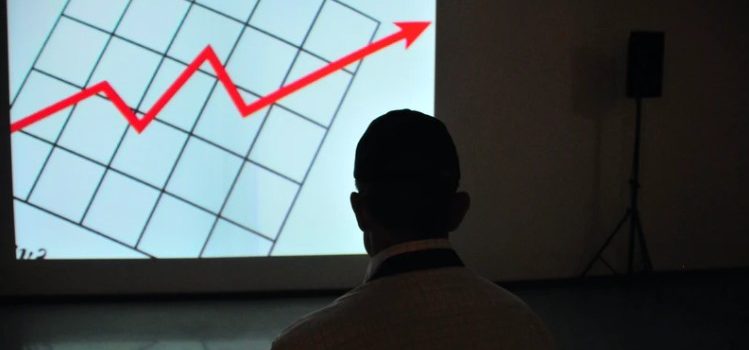What is a market cycle? What determines intrinsic value? According to The Most Important Thing by Howard Marks, one reason why securities’ prices can diverge from their intrinsic value is that investing markets undergo cycles. These are pricing fluctuations often driven by factors beyond the business fundamentals that determine intrinsic value. Below we’ll examine the origins of market cycles, their implications, and how investors can exploit them for their own gain.
What Is a Market Cycle? (+ How to Take Advantage of It)










